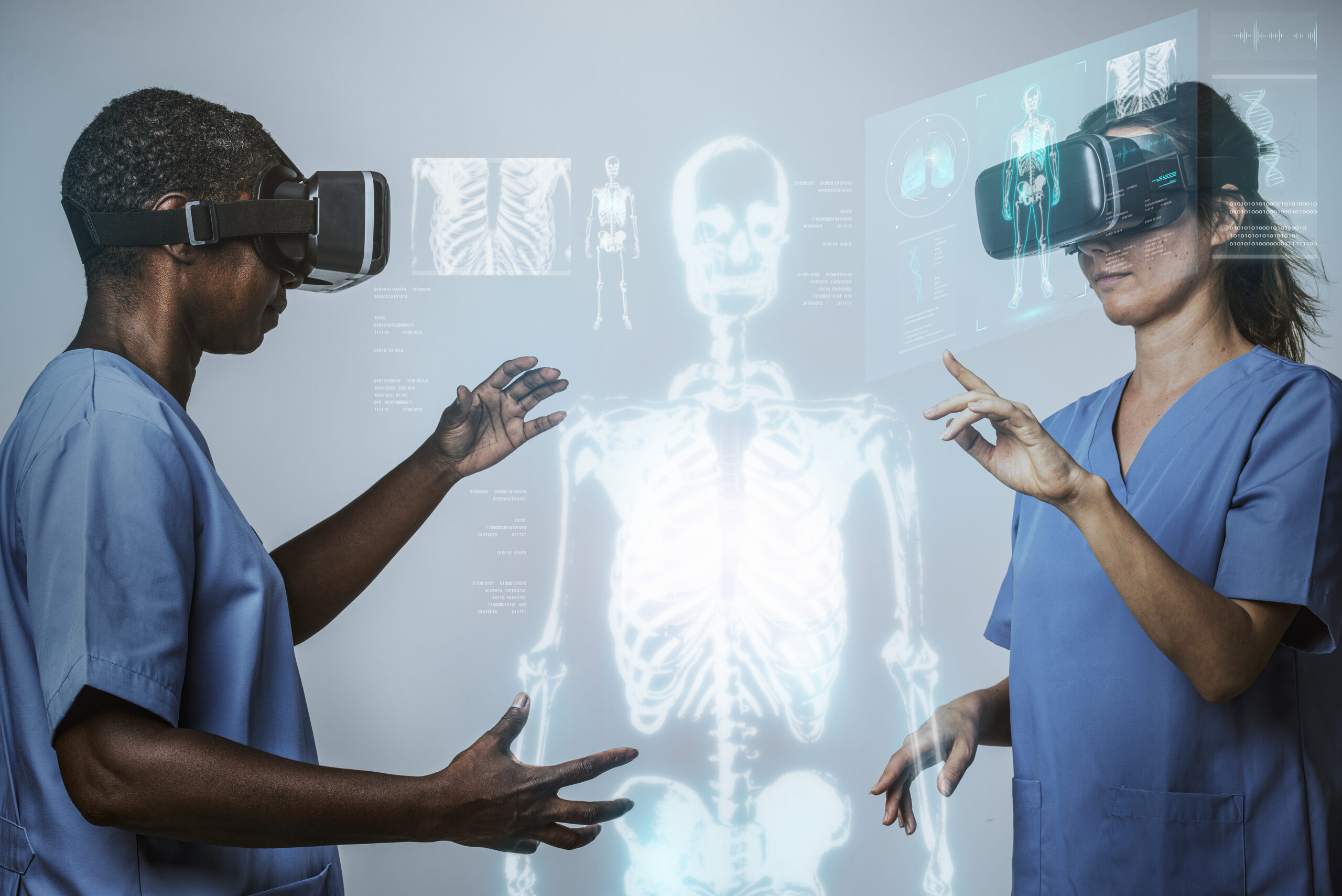The integration of Artificial Intelligence (AI) in healthcare is transforming the way diseases are diagnosed, treated, and managed. With the increasing demand for precision medicine, AI has emerged as a game-changer, particularly in diagnostics. By leveraging machine learning algorithms and big data analytics, healthcare providers are now able to detect diseases earlier, improve diagnostic accuracy, and personalize patient care.
AI-Driven Diagnostics: A Breakthrough AI algorithms are capable of analyzing vast amounts of medical data, including imaging scans, lab results, and patient histories. This ability to process and learn from complex datasets allows AI systems to identify patterns and anomalies that may be missed by human eyes. For instance, AI-powered tools in radiology can detect early signs of cancers, such as lung or breast cancer, with remarkable accuracy. Companies like IBM Watson Health and Google DeepMind have already developed AI solutions that assist radiologists and pathologists in identifying diseases at an early stage.
Applications in Healthcare One of the most promising areas of AI in healthcare is in imaging diagnostics. AI tools are now widely used in analyzing X-rays, MRIs, and CT scans. These tools not only reduce the workload of healthcare professionals but also ensure faster diagnosis, which is critical in conditions like stroke and cardiac emergencies. AI is also making strides in genomics, enabling researchers to identify genetic markers for diseases and tailor treatments to individual patients.
Challenges and Ethical Considerations Despite its potential, AI in healthcare faces several challenges, including data privacy concerns, algorithm bias, and the need for regulatory approvals. Moreover, the ethical implications of relying on AI for life-and-death decisions are still being debated. Ensuring that AI systems are transparent, accountable, and free of biases is crucial for their widespread adoption.
The Road Ahead As AI continues to evolve, its role in diagnostics is expected to grow exponentially. With advancements in deep learning and neural networks, AI tools will become even more accurate and reliable. The integration of AI in healthcare not only holds the promise of better patient outcomes but also addresses the global shortage of healthcare professionals.
